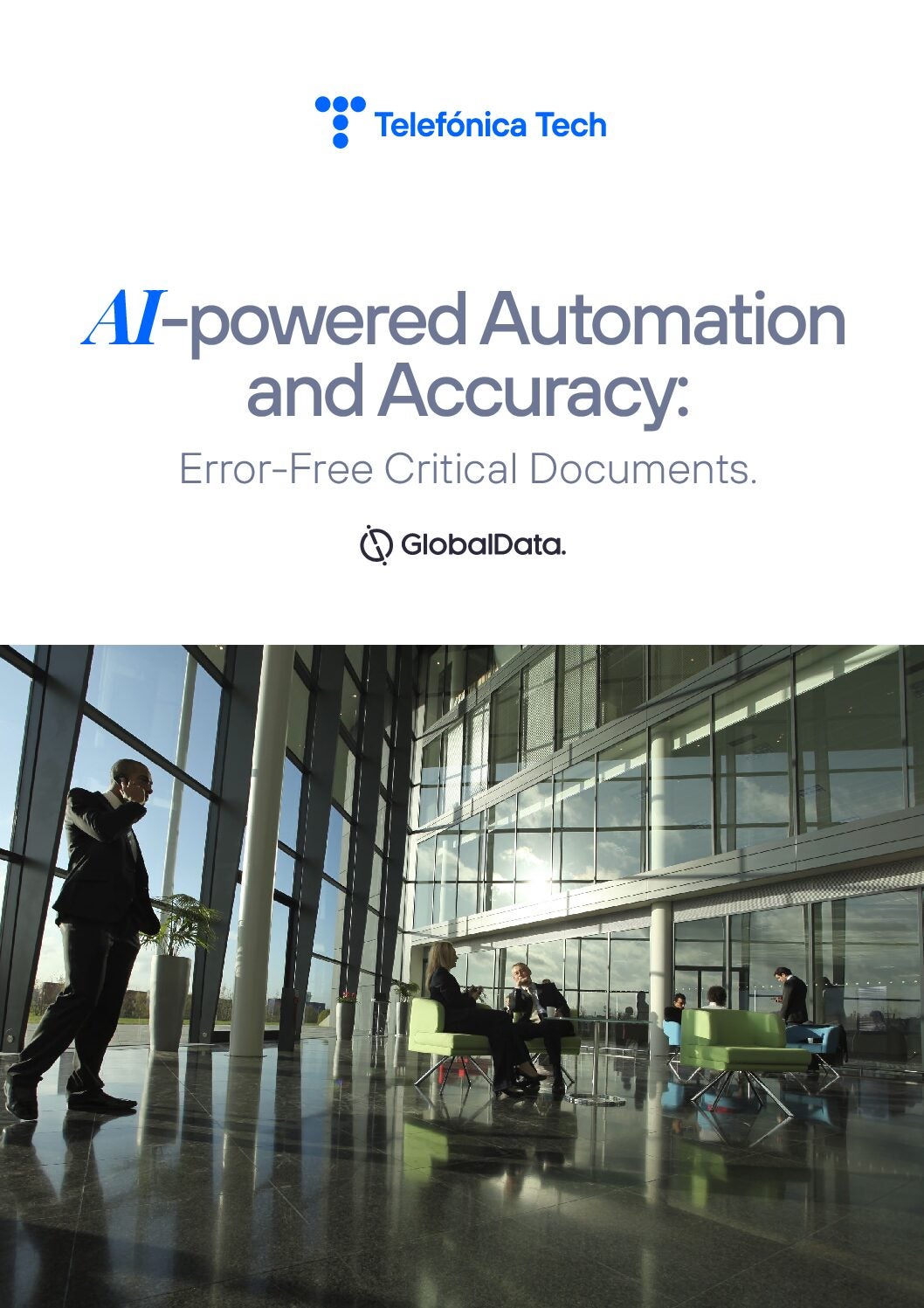
The sudden collapse of Silicon Valley Bank (SVB) and First Republic Bank, along with the emergency takeover of Credit Suisse, highlights the ongoing challenges for asset managers trying to make stable investments as market volatility continues to impact businesses globally.
Fortunately, the rise of AI technology has given asset managers powerful tools to help them make effective portfolio decisions that align with complex market dynamics. This article explores how AI can help asset managers weather volatile markets.

US Tariffs are shifting - will you react or anticipate?
Don’t let policy changes catch you off guard. Stay proactive with real-time data and expert analysis.
By GlobalDataAdvanced analytics and data systems
Around the world, AI technology has become immensely popular due to the benefits it can bring. For asset managers in particular, the popularity of AI has grown in recent years due to its ability to generate alpha through challenging market conditions, provide predictive insights, portfolio optimisation and risk management tools.
One of the most significant benefits of AI technology is its ability to analyse vast datasets quickly and accurately. AI has a superior ability to identify non-linear patterns in data (such as fundamentals, technical indicators and macroeconomics), see how those patterns have developed over time and how they interact, and use them to predict future returns using machine learning algorithms. These predictions are shared with portfolio managers to alert them of where there are potential market shifts coming, meaning appropriate action can be taken accordingly.
By detecting disruption in long-standing patterns and dissonance between market prices and fundamental/macro data earlier, AI can provide asset managers with valuable insights into minimising risk and making more effective decisions with their quantitative and discretionary strategies. This is particularly relevant in volatile periods, where the need for effective decision-making is heightened, alongside the need to act fast.
The collapse of SVB highlights the potential of this technology in practice. Axyon AI’s system, for example, has been detecting disruption in long-standing patterns and dissonance between market prices and fundamental/macro data and actively providing interesting alerts to users on the banking sector throughout the first two months of 2023, including alerts of potential risks, using macroeconomic data and price action to elaborate its view.
Automation of tasks and market insights
In addition to its advanced analytics capabilities, AI technology can also automate specific tasks, freeing up portfolio managers’ time to focus on more significant aspects of portfolio management. Risk assessments and portfolio rebalancing can be time-consuming and require high levels of expertise, but with AI-powered models, portfolio managers can save a considerable amount of time and reduce errors for these critical tasks. This is particularly important during volatile periods when significant attention is needed elsewhere.
Government attention
Promisingly, the benefits that AI brings to businesses in terms of forecasting and efficiencies, among other capabilities, are leading to greater attention from government. In March, a new white paper was published outlining how the UK government plans to regulate AI, taking a pro-innovation approach to both build trust and encourage innovation.
The favourable conditions for AI innovation within the UK will go far in supporting further developments in the technology to improve its uses within business. For those working in asset management, this may mean even stronger, more reliable predictions to boost portfolios further and confidently navigate volatile markets.
As the world wakes up to the benefits the cutting-edge technology can bring – most recently demonstrated by the banking disruption in the US but through all market conditions – the technology is only set to improve. With its ability to analyse large datasets quickly and accurately, automate tasks and provide market insights, AI technology can help asset managers make better decisions and minimise risk to generate alpha and maximise the potential of their portfolios even during periods of economic uncertainty. Given the ongoing volatility in the market, it is important for asset managers to consider incorporating AI technology into their investment strategies to ensure they remain competitive and adaptive, and to avoid being left behind.
Daniele Grassi is the CEO and co-founder of Axyon AI.




